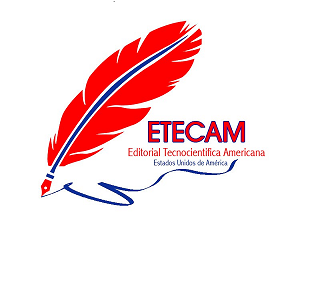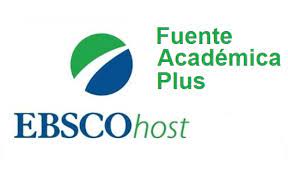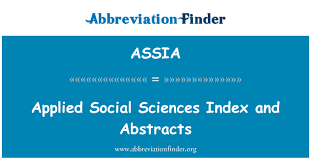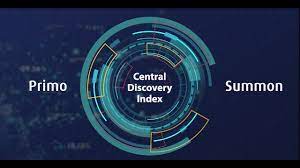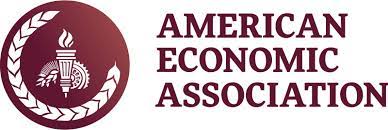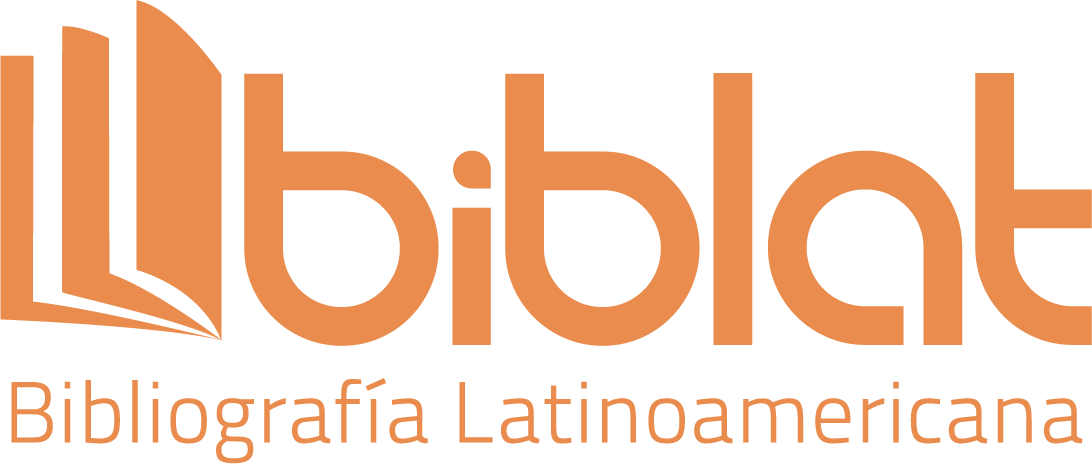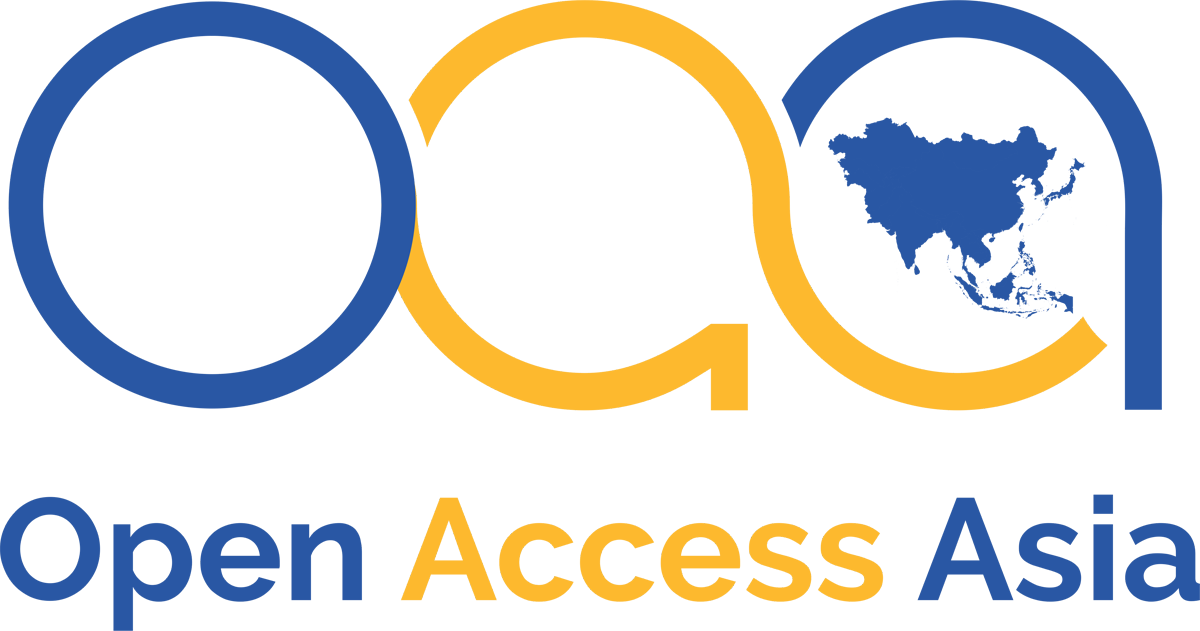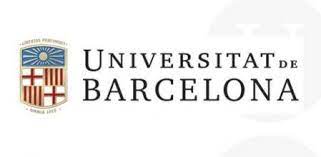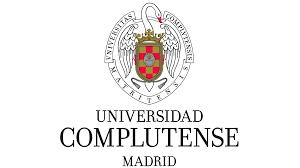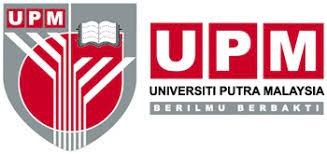Information and communication technologies in the teaching-learning process of Social Sciences
DOI:
https://doi.org/10.51736/sa.v7iEspecial%203.275Keywords:
information and communication technologies, self-efficacy, educational intervention.Abstract
This article deals with the use of information and communication technologies in the teaching-learning process of Social Sciences. From this educational context, their use is part of the didactic means as a component. The research is based on the practical need that reveals the existing insufficiencies in its use by teachers. To improve this difficulty, a didactic intervention is proposed that integrates information and communication technologies with the theory of self-efficacy. The sample was composed of 20 Social Science teachers from the Dr. Rashid Torbay public school. The instruments used were a survey to evaluate the use of ICT in the referred process of Social Sciences and the General Self-Efficacy Scale that evaluates the levels of this aspect. The results obtained were as expected, insofar as the association between the variables ICT use and self-efficacy was confirmed.
Downloads
References
Castro, J. C. A. G., Félix, G. L. C., & Sánchez, R. M. (2023). La motivación en el proceso de enseñanza-aprendizaje. Ciencia Latina Revista Científica Multidisciplinar, 7(1), 3922-3938.
Clavijo, M., Yévenes, F., Gallardo, I., Contreras, A. M., & Santos, C. (2020). Escala de autoeficacia general: reevaluación de su evidencia de confiabilidad y validez en Chile. Revista Médica de Chile, 148(10), 1452-1460. https://www.scielo.cl/pdf/rmc/v148n10/0717-6163-rmc-148-10-1452.pdf
Gallego, F. A., Rojas, C. A., Valencia, O., & Granados, H. (2024). Asociaciones entre autoeficacia, dominio e interés en la tecnología en matemáticas en estudiantes universitarios de Colombia. Formación Universitaria, 17(1), 59-68. http://dx.doi.org/10.4067/S0718-50062024000100059
Joya-Hunton, I. A., Salaiza-Lizárraga, F. C., & Villa-Casas, P. (2023). Desarrollo de competencias digitales: relación con la autoeficacia percibida y la actitud hacia las TIC en estudiantes de educación superior. Ciencias Administrativas Teoría y Praxis, 2(19), 41-60. https://doi.org/10.46443/catyp.v19i2.337
Leal, L. A., y Rojas, J. E. (2020). Percepciones de autoeficacia y conocimientos TPACK en profesores en formación. Diversitas: Perspectivas en Psicología, 16(2), 283-296. https://www.redalyc.org/articulo.oa?id=67968203006
Olivares, C. y Urra, E. (2007). Autoeficacia y conductas de salud. Ciencia y Enfermería, XIII (1), 9-15. http://dx.doi.org/10.4067/S0717-95532007000100002
Resnick. B. (2018). Theory of Self-Efficacy. By M. J. Smith & P. R. Liehr (eds.) Middle range theory for nursing (fourth edition) (pp. 215-240). Springer Publishing Company.
Roja, J. y Moscoso, L. F. (2020). Adherencia al tratamiento en personas con alteraciones cardiovasculares: enfoques teóricos de enfermería. Cultura de los Cuidados, 24 (56), 256-270. http://dx.doi.org/10.14198/cuid.2020.56.18
Román, J. P., Panta, A. B., & Figueroa, D. M. (2023). La lectoescritura como elemento fundamental en el proceso de enseñanza aprendizaje de los estudiantes de Básica Media. 593 Digital Publisher CEIT, 8(1), 328-347.
Tárraga‐Mínguez, R., Sanz‐Cervera, P., Pastor‐Cerezuela, G. & Fernández‐Andrés, M.I. (2017). Análisis de la autoeficacia percibida en el uso de las TIC de futuros maestros y maestras de Educación Infantil y Educación Primaria. Revista Electrónica Interuniversitaria de Formación del Profesorado, 20 (3), 107‐116. http://dx.doi.org/10.6018/reifop.20.3.263901
Published
How to Cite
Issue
Section
License
Copyright (c) 2024 Marlon Omar Lindao Valencia

This work is licensed under a Creative Commons Attribution-NonCommercial-ShareAlike 3.0 Unported License.













